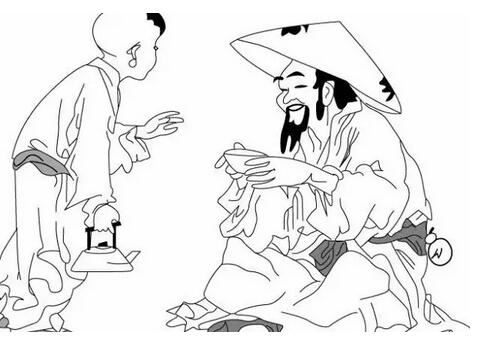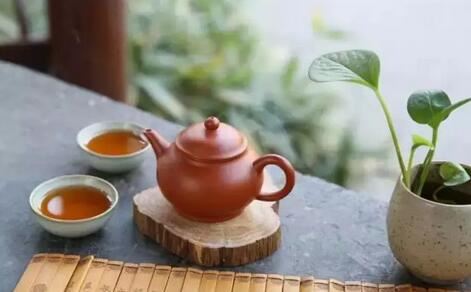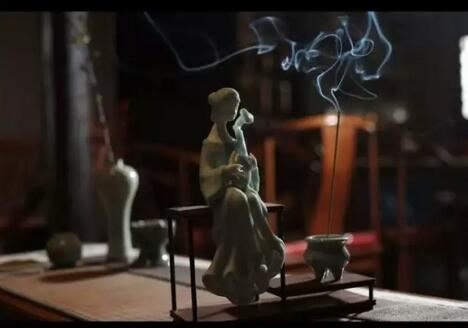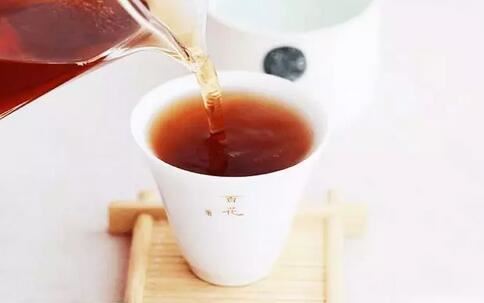I've tasted many teas, and through this, I have come to understand various aspects of Tea. When drinking, I carefully consider the tea's origin and culture, the characteristics and aroma of dry leaves, the taste and color of the infusion, and the color and form of the wet leaves. As a result, I still have vivid memories of many teas that I have tasted.

I have introduced many teas, some of which I picked and processed myself. I can describe the shape of the tea trees, the appearance of the tea leaves, the aromas at different stages of processing, their distinctive features, and any issues, as if I were still picking in the tea garden, making tea in the factory, or tasting under the guidance of a teacher. Some teas I have brewed and drunk myself, and when introducing them, I can be natural, vivid, and precise, as if the cup of tea were right there by my side. Some teas I only know from someone else's explanation, online research, or from books. In these cases, I can only repeat what I've heard or read, without truly understanding them, so I look forward to the day when I can brew and taste them for myself!

The more teas I yearn to taste, the more I appreciate the three-word Zen teaching of Master Zhaozhou Congshen: “Go drink tea.” Just like Drinking Tea, Zen practice needs to be experienced in every moment of life, just like drinking tea, washing bowls, eating, and sleeping. Only through practical, personal experience can one truly understand the bitterness and sweetness of life.
“After lunch, steep a strong tea and sit by the pond counting the fish,” “After the porridge and before the meal, drink tea and open the window to gaze at the green mountains,” “After chanting the cold mountain verses, drink a strong tea made from the rain of Guyu.” These scenes are so natural, unassuming, and carefree. Master Congshen truly embodied the principle of drinking tea, whether it was for those who had arrived, those who had just arrived, or the abbot. This cup of tea embodied his state of ordinary mind. With this simple act of drinking tea, something everyone could do, Master Congshen dispelled the attachments in the hearts of all.

Drinking tea is like life, valuable in personal experience: some teas win with their boldness; others with their delicacy; some with their high fragrance; others with their reputation; some with their impact; others with their rarity; some with their quirkiness; and some don't aim to win at all…
As described by Professor Fan Zengping from Taiwan, the taste of tea: drinking rock tea is like returning from Huangshan and not wanting to see any other mountain; drinking White Tea is experiencing the taste of nothingness; drinking Black Tea is the taste of leisure in urban life; drinking jasmim-scented tea is the taste of spring in your hometown; drinking Puer tea is like having been through much and finding everything else pale in comparison; drinking Ali Mountain tea is the taste of a primeval forest; drinking Wenshan Baozhong tea gives the feeling of afternoon tea in Taiwan; drinking Oriental Beauty tea is the taste of autumn harvest and sweet potato hospitality; drinking Taoyuan Longquan tea is the taste of Hakka people…

To know what is in the tea infusion, you need only to experience it personally, take a sip, and you will understand everything!